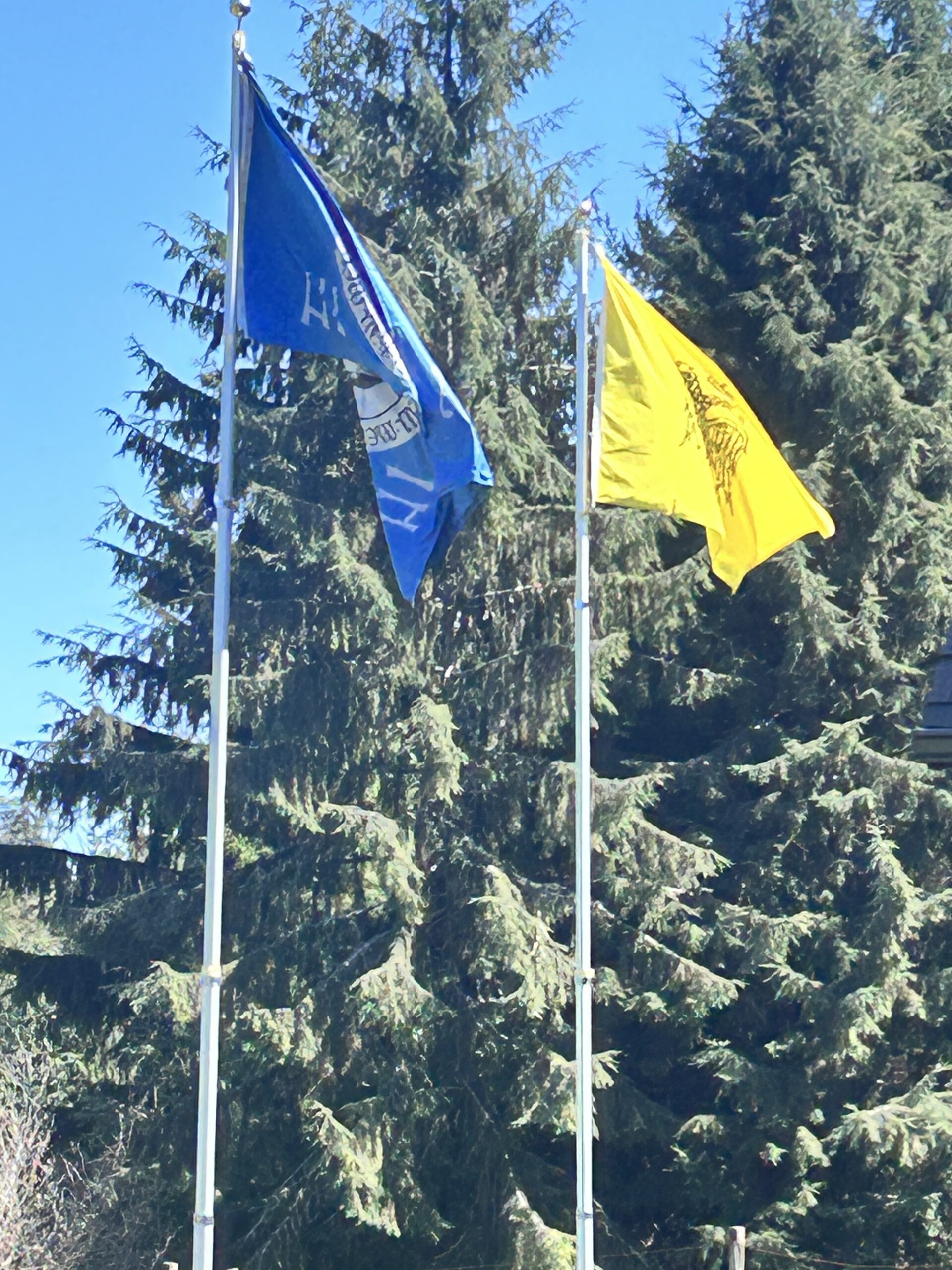God Cannot Be Absent From Anywhere

According to Saint Gregory of Nyssa, heaven and hell are not about location, but about relationship. God is everywhere, and He did not create a heaven for some, and a hell for others. If we love God, His fire will be a comforting warmth, but if we choose not to have a relationship with Him, His fire will be as hell fire. We choose how we will experience the presence of God in the afterlife, and since God can not be absent from anywhere, those who have chosen to ignore Him, will, nevertheless, be in His presence for all of eternity.
According to Saint Gregory, Paradise and Hell do not exist from God’s point of view, but from man’s point of view. It is all about man’s choice and condition. According to him, heaven and hell are not two different locations. They are simply two different experiences of the same place.
Everyone will spend eternity in God’s presence, but how we experience the Divine Presence will depend upon the condition of our soul. Those who have been transformed by the action and work of the Holy Spirit, will experience God as light and bliss. Those who have rejected God’s love will experience it as pain and suffering. For the unbeliever and the unrepentant, their sins will not allow them to enjoy the Presence of God.
Love in Christ,
Abbot Tryphon
Saturday April 20, 2024 / April 7, 2024
Fifth Saturday of the Great Lent: Laudation of the Mother of God. Tone four.
Great Lent. Food with Oil
Venerable George the Confessor, bishop of Mitylene (820).
New Hieromartyr Arcadius priest (1933).
Martyr Eudocia (1939).
Venerable Daniel, abbot, of Pereyaslavl-Zalesski (1540).
Martyr Calliopus at Pompeiopolis in Cilicia (304).
Martyrs Rufinus deacon, Aquilina, and 200 soldiers at Sinope (310).
Venerable Serapion of Egypt, monk (5th c.).
Venerable Nilus, abbot of Sora (1508).
Venerable Serapion archbishop of Novgorod.
The Byzantine Icon of the Mother of God.
St. George, patriarch of Jerusalem (807).
St. Gerasimus of Byzantium (1739).
Venerable Leucius, abbot of Volokolamsk (1492).
St. Govan of Cornwall.
The Scripture Readings
Hebrews 9:24-28
24 For Christ has not entered the holy places made with hands, which are copies of the true, but into heaven itself, now to appear in the presence of God for us; 25 not that He should offer Himself often, as the high priest enters the Most Holy Place every year with blood of another— 26 He then would have had to suffer often since the foundation of the world; but now, once at the end of the ages, He has appeared to put away sin by the sacrifice of Himself. 27 And as it is appointed for men to die once, but after this the judgment, 28 so Christ was offered once to bear the sins of many. To those who eagerly wait for Him He will appear a second time, apart from sin, for salvation.
Hebrews 9:1-7
The Earthly Sanctuary
9 Then indeed, even the first covenant had ordinances of divine service and the earthly sanctuary. 2 For a tabernacle was prepared: the first part, in which was the lampstand, the table, and the showbread, which is called the sanctuary; 3 and behind the second veil, the part of the tabernacle which is called the Holiest of All, 4 which had the golden censer and the ark of the covenant overlaid on all sides with gold, in which were the golden pot that had the manna, Aaron’s rod that budded, and the tablets of the covenant; 5 and above it were the cherubim of glory overshadowing the mercy seat. Of these things we cannot now speak in detail.
Limitations of the Earthly Service
6 Now when these things had been thus prepared, the priests always went into the first part of the tabernacle, performing the services. 7 But into the second part the high priest went alone once a year, not without blood, which he offered for himself and for the people’s sins committed in ignorance;
Mark 8:27-31
Peter Confesses Jesus as the Christ
27 Now Jesus and His disciples went out to the towns of Caesarea Philippi; and on the road He asked His disciples, saying to them, “Who do men say that I am?”
28 So they answered, “John the Baptist; but some say, Elijah; and others, one of the prophets.”
29 He said to them, “But who do you say that I am?”
Peter answered and said to Him, “You are the Christ.”
30 Then He strictly warned them that they should tell no one about Him.
Jesus Predicts His Death and Resurrection
31 And He began to teach them that the Son of Man must suffer many things, and be rejected by the elders and chief priests and scribes, and be killed, and after three days rise again.
Luke 10:38-42
Mary and Martha Worship and Serve
38 Now it happened as they went that He entered a certain village; and a certain woman named Martha welcomed Him into her house. 39 And she had a sister called Mary, who also sat at Jesus’ feet and heard His word. 40 But Martha was distracted with much serving, and she approached Him and said, “Lord, do You not care that my sister has left me to serve alone? Therefore tell her to help me.”
41 And Jesus answered and said to her, “Martha, Martha, you are worried and troubled about many things. 42 But one thing is needed, and Mary has chosen that good part, which will not be taken away from her.”
Luke 11:27-28
Keeping the Word
27 And it happened, as He spoke these things, that a certain woman from the crowd raised her voice and said to Him, “Blessed is the womb that bore You, and the breasts which nursed You!”
28 But He said, “More than that, blessed are those who hear the word of God and keep it!”
